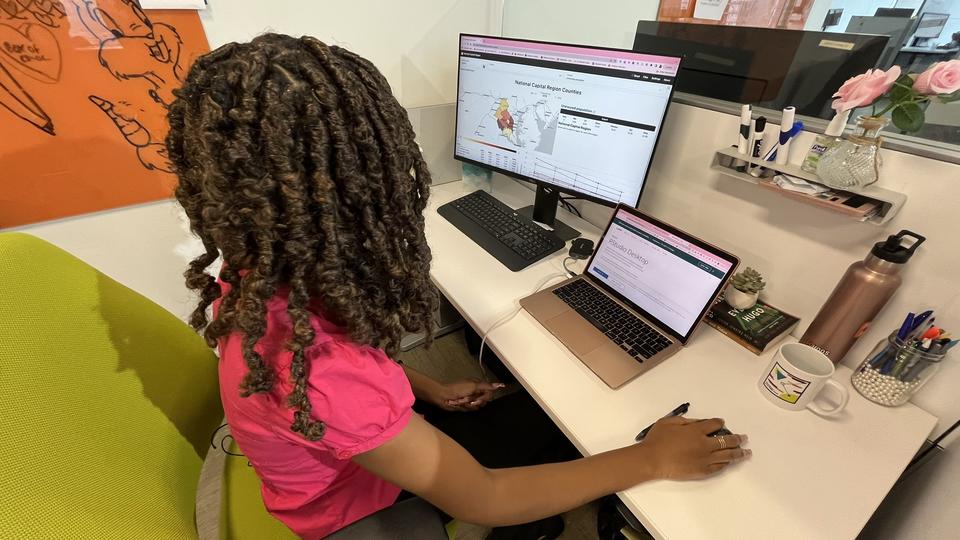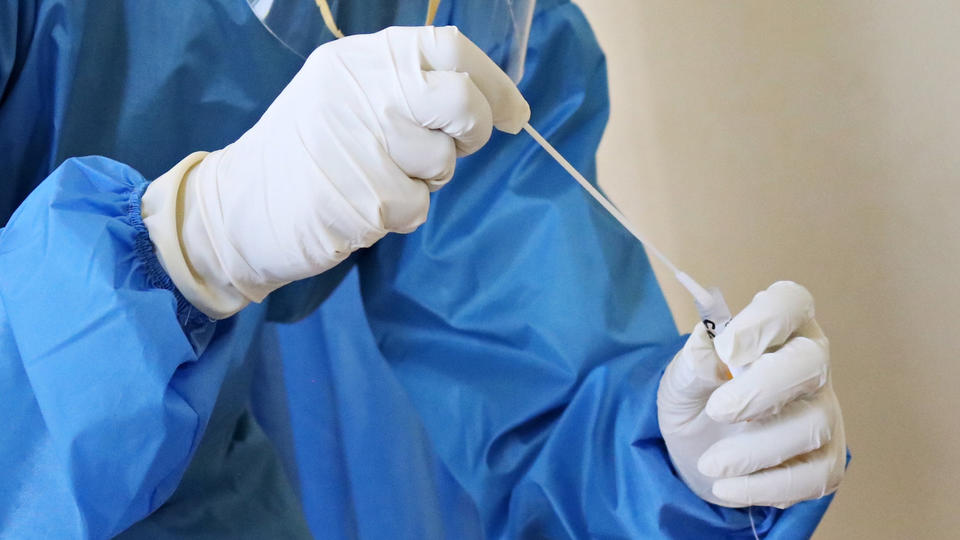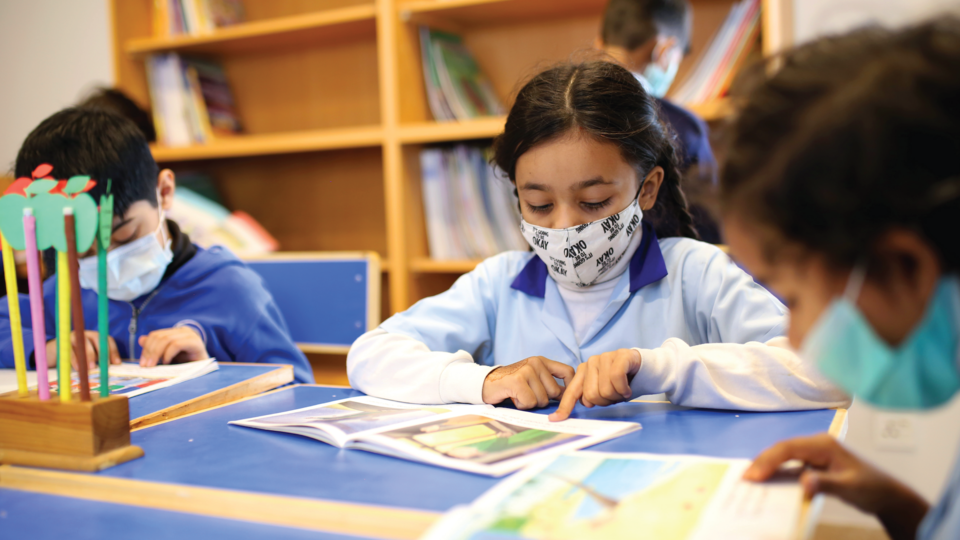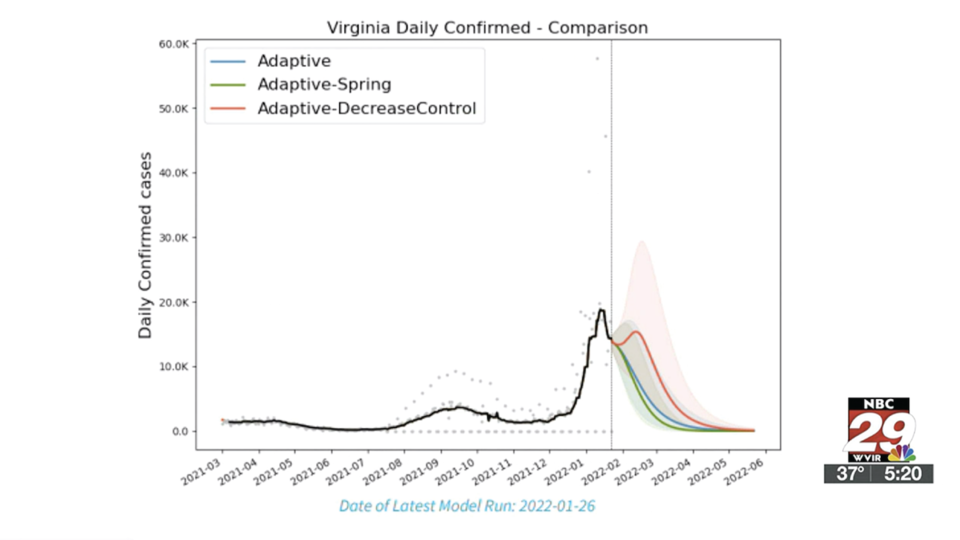News
News Stories
Santos aims to modernize agency before 2030 count.

The question on everyone's mind is whether the U.S. will have an easy, COVID-free spring, or if we're in for a resurgence in cases as the BA.2 variant of Omicron becomes dominant. Bryan Lewis, MPH, PhD, of the University of Virginia's Biocomplexity Institute, uses sequencing data and other information from COVID-19's past trajectory to model and project various scenarios for case rates, variants, and more.

While sequencing efforts are better than before, experts say there's a long way to go. The only certain thing about the future of SARS-CoV-2 variants is that nothing is certain -- but researchers are doing their best to keep an eye out for the next troublesome variant, even in the face of numerous challenges.

Several justice experts are now calling for reform of the U.S. census after its bureau admitted in a recent report that it undercounted Black, Latino and Indigenous Americans as part of the 2020 census, while overcounting white and Asian Americans.

Some experts are arguing that it’s time for the census to aggressively make use of government data and other sources to augment its own decennial count.

A U.S. Census Bureau survey that is the premier source of yearly information about the nation’s population and workforce needs millions more in funding to encourage participation and produce more accurate and timely results, according to a report released Tuesday.

Contagions, severe weather, natural disasters, civil unrest – whatever data scientists are forecasting using network models, simulation-based methods are often the most effective, according to researchers at the University of Virginia Biocomplexity Institute and Princeton University, whose findings were published in the paper, “Fundamental Limitations on Efficiently Forecasting Certain Epidemic Measures in Network Models,” by PNAS (Proceedings of the National Academy of Sciences).
The continued uncertainty means there’s a range of potential outcomes for the pandemic. The Biocomplexity Institute, which has been modeling COVID-19 in Virginia since the early days of the virus, separated them into several categories based on immunity and the potential for new viral variants.

The institute is researching the challenges of food insecurity, equity, climate change and lack of affordable housing in the region.

VDH and the UVA Biocomplexity Institute both suggest we may have just passed the peak of the omicron variant. This is based on past models that have been accurate on predicting trends, but not exact numbers.




















